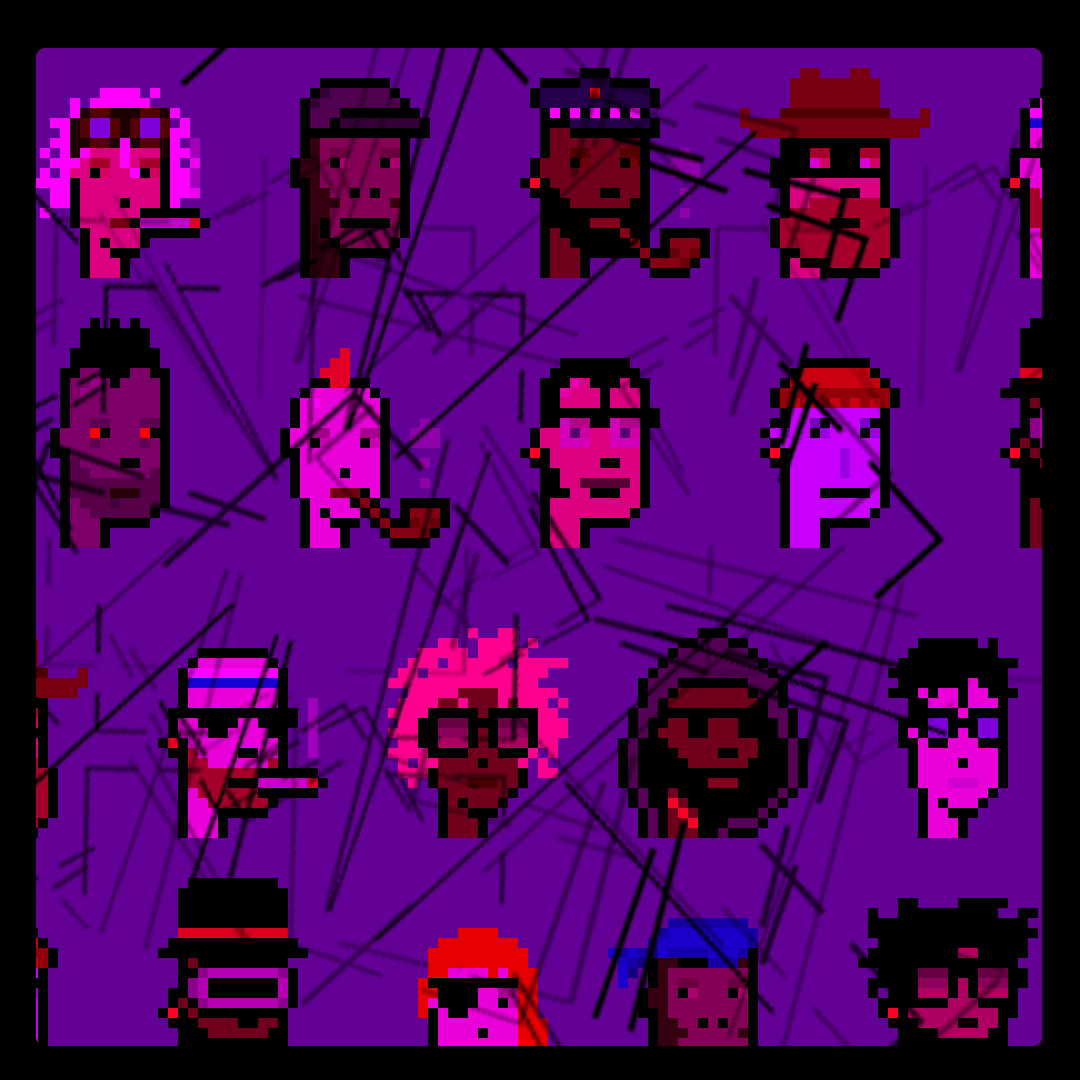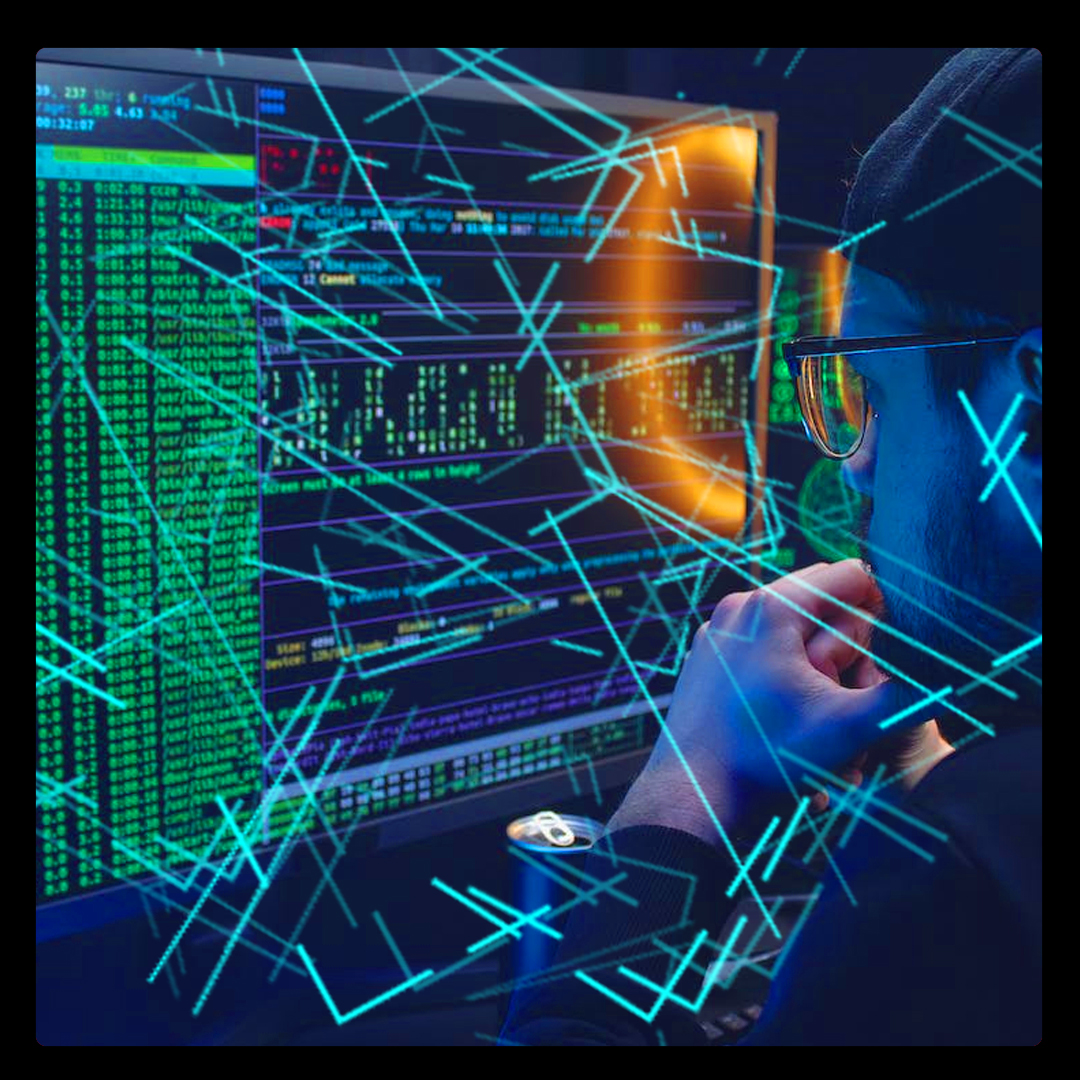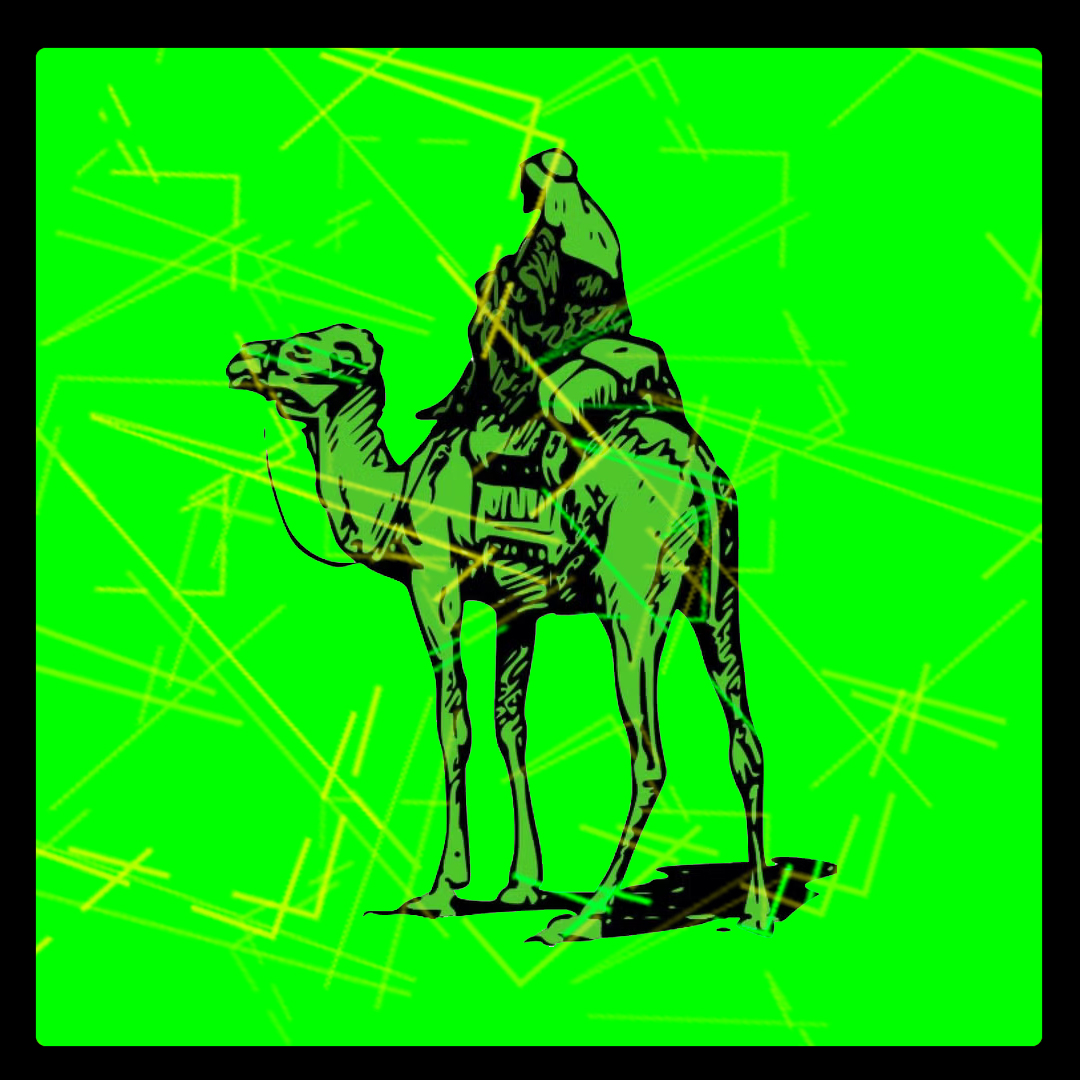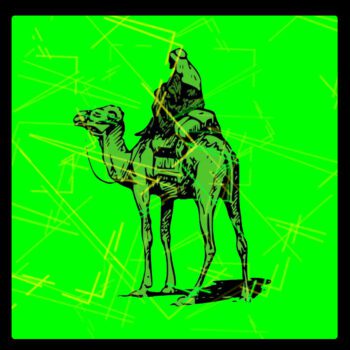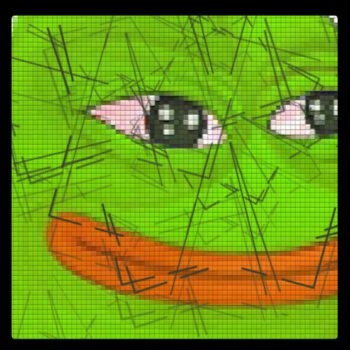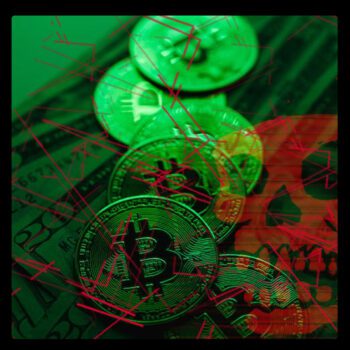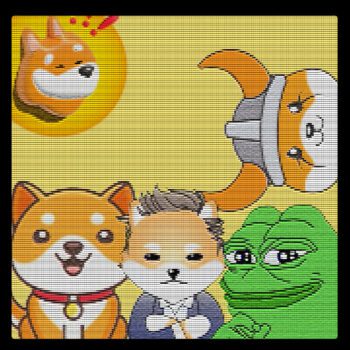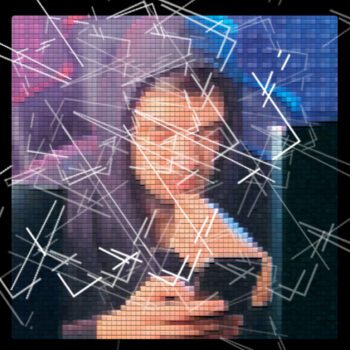|
thisCrowd - Audio Read
Getting your Trinity Audio player ready...
|
In recent years, nonfungible tokens (NFTs) have garnered significant attention, offering unique opportunities for the gaming and intellectual property (IP) industries. NFTs, as one-of-a-kind digital tokens, hold immense potential to transform how we engage with and monetize digital content.
In the gaming realm, NFTs are revolutionizing the concept of in-game items. From weapons and armor to entire virtual worlds, these items can now be bought, sold, and traded just like traditional collectibles. Game developers are tapping into this new revenue stream, while gamers enjoy the sense of ownership and rarity associated with their in-game possessions, elevating their overall gaming experience.
A prime example of NFTs’ influence in gaming is the game CryptoKitties. Players can buy, sell, and breed virtual cats represented by NFTs. Web3-based games like this allow players to extract value from the game, creating a stark contrast to the Web 2.0 environment, where value is often locked away.
In the world of IP, NFTs are empowering artists and creators to represent ownership of their digital art, music, and other creative works. This novel approach enables them to monetize their creations while maintaining control over their intellectual property. For instance, an artist could design an NFT-based virtual world showcasing their art and then sell NFTs representing that world to collectors, establishing a unique connection between creators and consumers.
Cross-industry collaborations are also fueling innovation in the gaming and IP spaces. Game developers can partner with musicians, integrating NFTs to feature the musician’s music within the game. Similarly, artists can create NFT-based virtual worlds to display their art. These partnerships create novel experiences that were previously unattainable through traditional monetization methods.
A noteworthy project is Pudgy Penguins, which emphasizes the importance of IP. Acquired by entrepreneur Luca Netz, the project aims to become a mainstream brand appealing to all ages, with physical items sold as real-life toys. The community directly holds the rights to the physical figures, underscoring the significance of community involvement.
Moreover, collaborations like the one between Cryptopunks and Tiffany & Co. demonstrate the potential of bridging digital art to the physical world through exclusive physical jewelry representing the NFTs.
Despite the excitement surrounding NFTs, there are challenges to overcome. Scalability is a pressing concern, with fears of flooding the market with low-quality NFTs, leading to a decline in their value and rarity. Establishing quality and rarity standards is crucial to ensure the long-term success of the NFT market.
Another area of concern is the lack of regulation, which increases the risk of fraud and scams. Collaboration between governments and industry leaders is vital to create effective regulations that safeguard creators and consumers while fostering innovation and growth in the NFT market.
In conclusion, NFTs hold the promise of transforming how we interact with and monetize digital content in the gaming and IP industries. By addressing scalability and regulation, the industry can unlock the true potential of NFTs, ushering in a new era of immersive experiences and unique collaborations. However, stakeholders must remain adaptable to technological advancements and evolving market dynamics to capitalize on the full potential of NFTs.

